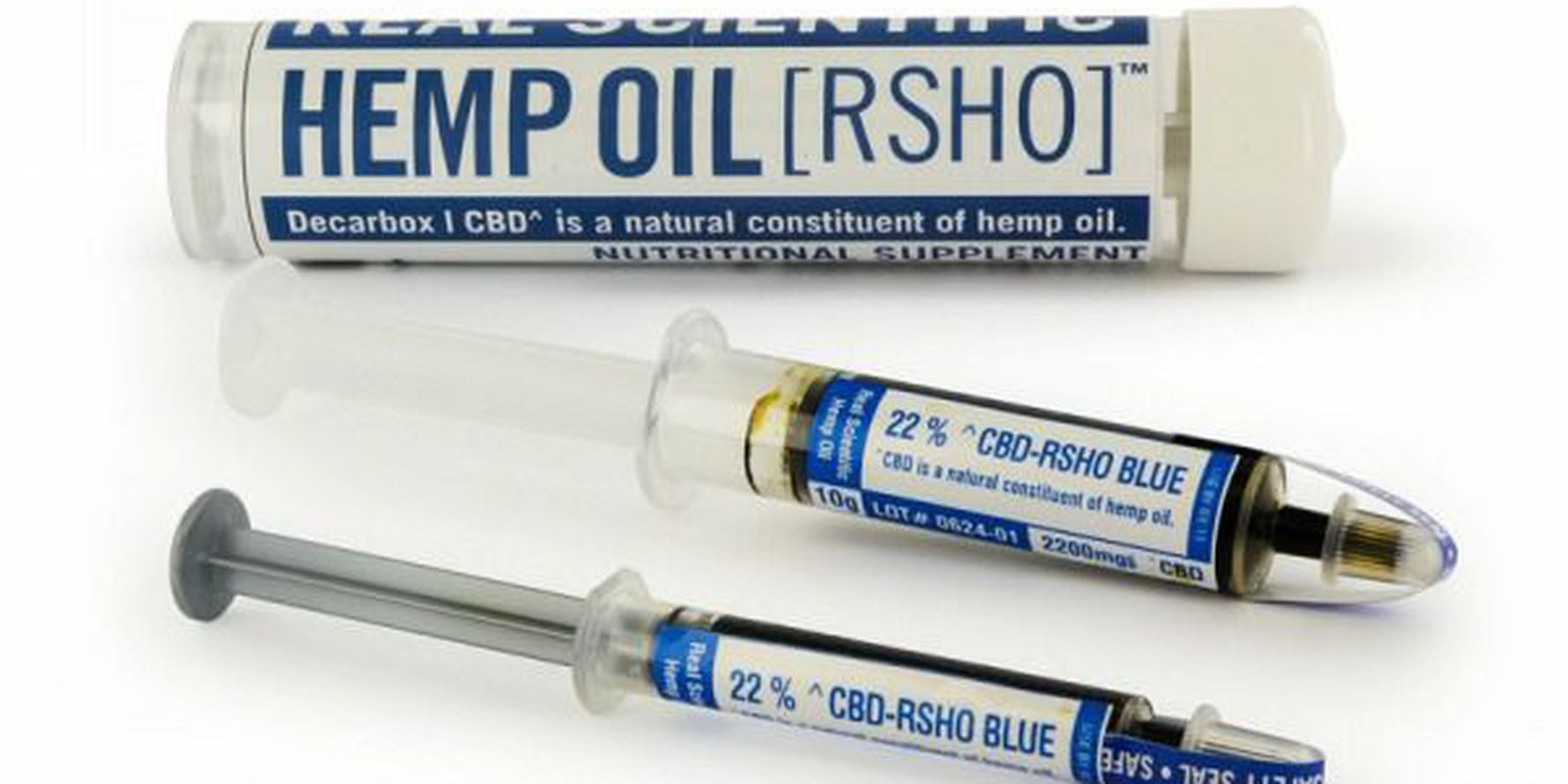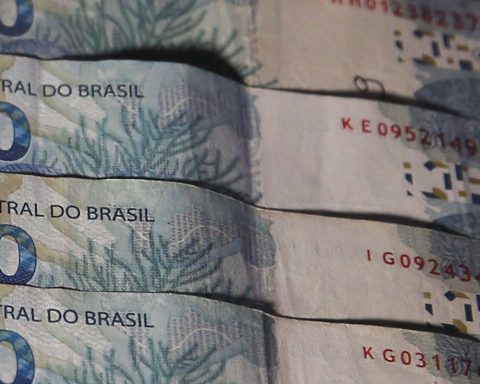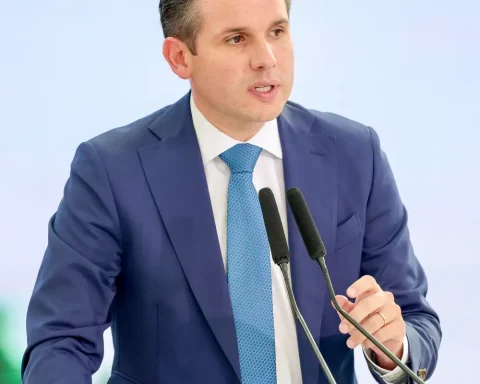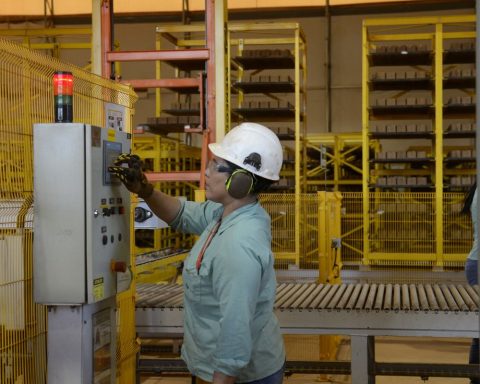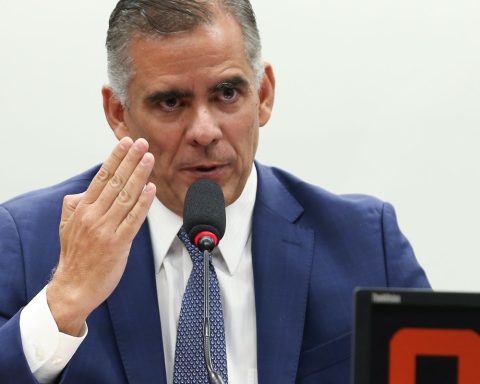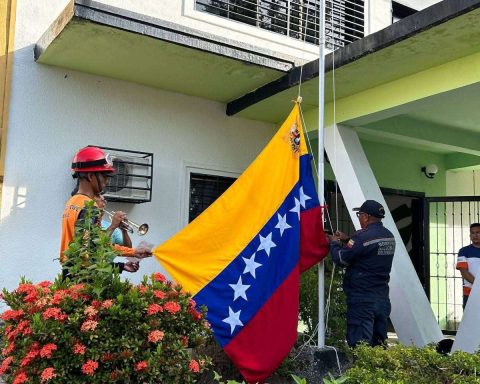The discussion about medicinal cannabis and psychiatry has several inadequacies, he warned, in an interview with Brazil Agency, the director of the Psychiatric Association of the State of Rio de Janeiro and affiliated to the Brazilian Association of Psychiatry, Marcelo Allevato. In the case of Alzheimer’s disease, which is the most common form of neurodegenerative dementia in older people, for example, Allevato ruled out a link to medical cannabis. “It’s dementia, and cannabis has no chance of treating dementia. It can theoretically treat some behavior changes, but there’s no consistent evidence of that yet. It’s just a possibility.”
According to Allevato, there are many inaccuracies about cannabis-based “medicines”. He said that, according to the National Health Surveillance Agency (Anvisa), there is only one Cannabis-based drug, but he highlighted that there are products based on the plant, which are registered with provisional authorization, with a duration of five years, which can be used when all therapeutic possibilities available in the Brazilian market are exhausted.
All this is encompassed in the Resolution of the Collegiate Board of Anvisa (RDC 327), which regulates Cannabis products in Brazil. “So, talking about medicines is inappropriate, it shows ignorance of the subject. What is sad is that many doctors are also unaware and are easy prey for commercial messages that are not really consistent”, warned the psychiatrist.
Developed in several phases, from the conception of the idea to the clinical tests, and then commercialized, the only Cannabis-based drug existing in Brazil is Mevatyl, released as an adjuvant in the treatment of spasticity in multiple sclerosis, caused by damage or injuries to the of the central nervous system (brain or spinal cord) that controls voluntary movement. “This is the only cannabis-based drug in Brazil. Calling a cannabis-based product a medicine is an impropriety”, reiterated the doctor.
Confirmation
Anvisa’s press office confirmed to the Brazil Agency that, to date, the only cannabis-based drug registered in Brazil has the trade name of Mevatyl. According to Anvisa, Mevaty is a drug, as it has passed the same technical requirements applied to all others registered at the agency, which involves clinical studies and proof of safety and efficacy, among other requirements. Mevatyl was registered on January 9, 2017 as an indication in the symptomatic treatment of moderate to severe spasticity related to multiple sclerosis.
The other items regularized by Anvisa are technically categorized as products derived from Cannabis, a specific segment created in 2019 (Resolution RDC 327), which has no specific therapeutic indication and whose benefit analysis must be carried out by the doctor, according to the case of each patient.
According to Anvisa, products derived from Cannabis receive health authorization, not registration, so that they can be made available to patients. “In other words, the indication and form of use of Cannabis-derived products are the responsibility of the doctor who assists the patient, who makes such an indication based on the assessment that his patient can benefit from the treatment, especially in cases for which there are no therapeutic options available.”
Currently, there are 20 products authorized by Anvisa. The complete list can be consulted here.
no release
Allevato stated that nowhere in the world is a cannabis-based drug released for psychiatric use. Legislation in some countries allows the use of cannabis derivatives in exceptional situations, in some diseases. This occurs, for example, in Israel and in most US states. “But all within a very strict control, after the therapeutic possibilities are exhausted”.
The doctor said that, in Brazil, what happened was an “attempt to disseminate a use that is completely contrary to what is recommended. In fact, it’s disseminating a use indiscriminately, that is, I have anxiety, I’m going to take cannabidiol”. The same applies for depression, insomnia, Alzheimer’s, autism. The doctor maintained that there is no solid scientific evidence for this.
He admitted, however, that in cases where the patient does not respond to anything, the doctor can use these products. It’s called compassionate use.
According to the psychiatrist, a current that defends products derived from marijuana maintains that the disclosure of the alleged medicinal properties of Cannabis reduces the perception of recreational risk. For him, the recreational use of Cannabis implies risks that have been increasingly evaluated, especially in genetically vulnerable patients, or who are in critical windows of development. In these cases, Cannabis can lead to the development of psychoses, dependence and generate changes in brain development, often irreversible.
complicated moment
The president of the Brazilian Association for the Study of Alcohol and Other Drugs (Abead), Alessandra Diehl, pointed out that the world is currently experiencing a complicated moment, in which financial interests often overlap with individual and collective interests. “That lobby having something that works for everything sounds like a wake-up call to me. How is a substance going to serve so many things or so many conditions?”, asked Alessandra, in an interview with Brazil Agency.
Alessandra said that there is a growing misinformation, because it is reinforced that something can be used for everything, when, in fact, it is known that there are only specific conditions in which there is proven evidence. According to the psychiatrist, it is not medical cannabis itself, but a component that would be cannabidiol (CBD).
The psychiatrist stressed that the cannabinoid system needs to be unraveled, because there may be the secret to drug development, even to know a little more about certain diseases. According to Alessandra, it cannot be said that cannabidiol works for everything, because it skipped the path of drug development, which had to go through regulations that guarantee conditions of safety, bioequivalence, bioavailability, quality, therapeutic dose.
another view
Doctor Nelson Goldenstein, from the Institute of Psychiatry at the Federal University of Rio de Janeiro, has a different view. Goldenstein told Brazil Agency who was appalled by the Federal Council of Medicine (CFM) resolution banning doctors from prescribing Cannabis in natura for medicinal use, as well as any derivatives other than cannabidiol. The CFM also prohibited the prescription of cannabidiol for therapeutic indications other than those provided for in the resolution, with the exception of clinical studies previously authorized by the system formed by the National Research Ethics Commission and Research Ethics Councils.
The psychiatrist stated, however, that he will follow the CFM resolution. He admitted that the use of cannabis needs regulation, but considered that going back in time is inadmissible. Goldenstein pointed out that there are descriptions in the literature of the medicinal use of Cannabis in China and India for about 6,000 years, describing the plant with a multipurpose, beneficial and therapeutic medicinal effect for various conditions.
Such effects were confirmed in the 19th century by doctors of Queen Victoria, in expeditions carried out in the colonies of the United Kingdom, whose publications proved the therapeutic and multipurpose use of Cannabis in the treatment of problems such as epilepsy, anxiety and insomnia. Until the early 20th century, there was no ban on cannabis use, Goldenstein said. Compounding pharmacies, including in Brazil, prepared the formulas prescribed by doctors based on Cannabis. According to the doctor, the Lille laboratory, in the United States, sold in the 1920s a tincture of Cannabis for bronchial asthma, lowering blood pressure, insomnia and anxiety.
Goldenstein highlighted that, in 1960, Raphael Mechoulam and his team described the hitherto unpublished cannabidiol and tetrahydrocannabinol (THC), opening space for American researchers to identify the endocannabinoid system (SEC) in the 1990s. regulation and balance of a number of physiological processes in the human body. The system offers the natural conditions for the body to benefit from the therapeutic properties of Cannabis in the fight against a series of diseases.
The psychiatrist pointed out that the dangers of indiscriminate use and high doses of marijuana were already spoken by the Chinese 3,700 years BC (Before Christ), so 6,000 years ago. It is a risk that also exists with amphetamine and morphine, among other substances. For Goldenstein, being against 6,000-year-old evidence “is ignorance”, as is the case with studies carried out since the 1960s, which attest to the multipurpose and medicinal use of Cannabis.
